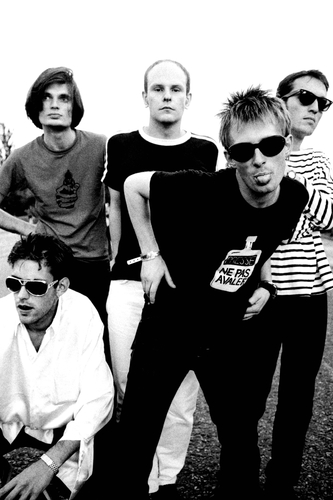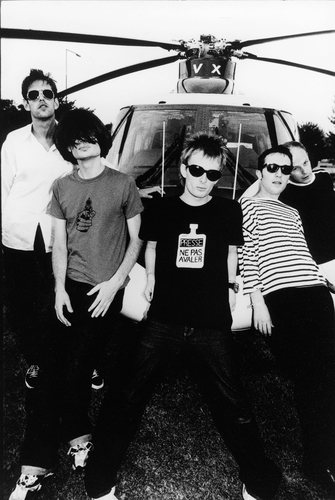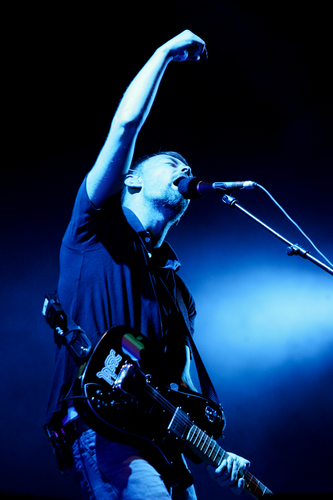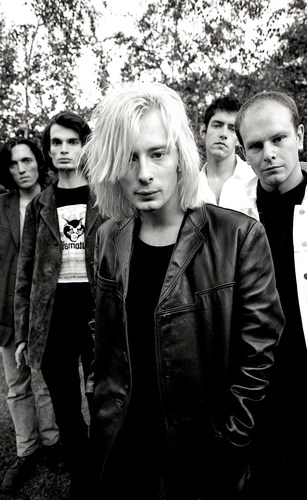The year is 1997 and Tony Blair has just established his ‘New Labour’ government. The scent of rampant optimism fills the air; newspapers champion the advent of a new age of wealth and success. Then OK Computer is released seemingly out of nowhere.
It’s a whirling, wailing dirge of sonic melancholy. A stark prophecy of paranoia, consumerism, and media hysteria. It’s an unfaltering cry against the brave new world promised by a new millennium. It’s also probably one of the greatest albums of all time.
What would eventually become Radiohead began as five school friends from Abingdon, Oxfordshire in 1985. Three decades and nine studio albums later, they’ve come to personify a pre-millenial generation of guarded scepticism. Known for mixing genre conventions, melodies, and rhythms with an alchemical flair, they assault the apparent stagnation of popular music with every release. Citing influencers from hip-hop, classic and alternative rock, as well as electronic and experimental music, Radiohead have become one of the most recognisable proponents of that most ephemeral genre: art rock.
Rarely does a band enjoy decades of critical and commercial success without losing the respect of the auteurs — always quick to dismiss the visible in their search for the avant garde. Rarer still does a band take such a hostile approach to popular convention: every album dispensing with the styles and character of the previous. No other band is as consistently successful in this regard. That said, no other band is Radiohead.






